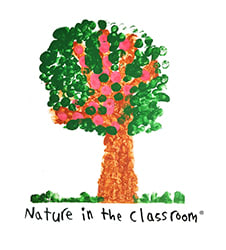Dive Brief:
- OZY and SurveyMonkey's recent "OZY Poll on the Future of Work" found most respondents reporting a desire for tech companies to embrace a hands-on approach in the preparation of high school students for careers, according to EdTech: Focus on K-12.
- More than half of the respondents — 57% — want tech companies to work with high schools on apprenticeship programs, and 42% want better support for educators' classroom tech use. They also suggested the most valuable part of post-high school education is "learning a tangible skill or trade."
- In many cases, colleges like Georgia Tech are already working hand-in-hand with industry on apprenticeships and direct technological support, as that school's Manufacturing Scholars Program, for example, lines each undergraduate up with a professor/mentor and industry partner. Program sponsors also help the institution provide the latest tech tools to students, according to EdTech.
Dive Insight:
While college-and-career readiness has been a major focus area for education in recent years, much of that attention has been largely focused on the college part of the equation. But the truth is that many students won't continue on to college and may not necessarily need to if they have access to quality trade programs and apprenticeships in high school. In states like Tennessee, where free community college programs are now available, this access is now somewhat built in as what essentially amounts to a 13th and 14th grade.
At the end of the day, students and their families want return-on-investment in the time (and money, in the event of private schooling) that they've spent on an education. Boosting access to trade programs and apprenticeships are a solid step in providing that same benefit for students who aren't interested in or don't have the means to attain postsecondary education.
But on the higher ed end of the spectrum, it's also worth considering by policymakers and administrators how the concept of return-on-investment is measured overall. For example, fields such as social work, teaching and journalism may not necessarily (unfortunately) earn top-dollar over the course of a graduate's lifetime, but they may fulfill a non-monetary sense of accomplishment for that person.












